Going to the Pine - by Geoffrey M Wilkinson (Paperback)
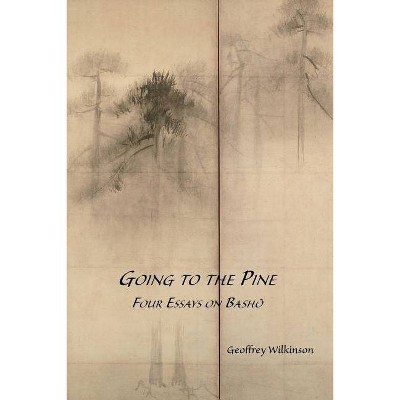
Similar Products
Products of same category from the store
AllProduct info
<p/><br></br><p><b> About the Book </b></p></br></br>Four essays on the seventeenth-century Japanese poet Bashō, all linked by his injunction 'Go to the pine to learn about the pine'. Will appeal to general readers with an interest in Bashō and the haiku tradition, Zen Buddhism, or philosophy, as well as to specialists in Japanese poetry, comparative literature, or translation studies.<p/><br></br><p><b> Book Synopsis </b></p></br></br><p><strong>Shortlisted for the 2019 Touchstone Distinguished Books Award administered by The Haiku Foundation. Given Honorable Mention place in the Prose category of the 2020 Haiku Society of America Merit Book Awards. </strong></p><p>This collection of essays considers the Japanese poet Matsuo Bashō (1644-94) from four different and, in some respects, unconventional perspectives. It begins by likening Bashō and John Keats as travellers, open to all experience and convinced that they must 'annihilate self' to achieve true poetry. The second essay looks at how perceptions of Bashō's famous 'frog' haiku have changed over time, and the contentious issue of how far it can (or should) be read in Zen Buddhist terms. The third essay, written from the viewpoint of a translator struggling to render Bashō's 'cicada' haiku into English, explores authentic issues of language and interpretation; at the same time, however, it is evident that something else is going on in the translator's mind. The final essay revisits the 'frog' haiku, but now as a metaphor for a much larger philosophical question: why are we so intolerant of the unintelligible - of the very notion that the universe, and with it our world, came into being without reason, necessity, or purpose? Implicitly the four essays are linked by Bashō's injunction to 'Go to the pine to learn about the pine', that is, to try and get to the truth of things <em>as they are</em>, unencumbered by our own thoughts and preoccupations.</p><p/><br></br><p><b> Review Quotes </b></p></br></br><br><p><strong>Collection as a whole</strong></p><p>"[The] essays are ... provocative and well reasoned out....[The] translations of Bashō's poems are succinct and beautiful." Professor Nobuyuki Yuasa, translator of the Penguin Classics <em>Bashō, The Narrow Road to the Deep North and Other Travel Sketches</em></p><p>"[The] voice in these four essays is at once erudite and illuminating, conversational and engaging." Professor John Elder, author of <em>Imagining the Earth: Poetry and the Vision of Nature</em></p><p>"Although ... only five of Bashō's haiku [are discussed], each is thoroughly considered as an example of egoless, unconditional openness to all experiences." <em>Modern Haiku</em> 50.3 (Autumn 2019)</p><p>"Wilkinson takes up the variety of interpretations [of Bashō's haiku] and considers our Judeo-Christian-tradition difficulties making sense of the unintelligible or the fundamental nothingness in the world prior to our creation theories." <em>Frogpond</em> 42.3 (Fall 2019)</p><p><strong><em>The Narrow Road to the Western Isles</em></strong><strong> -- If Keats had travelled with Bashō</strong></p><p>"The essay is a pleasure....something about putting the young man and Bashō [together] ... something about that conjunction ... is very poignant." Robert Hass, Distinguished Professor in Poetry & Poetics, University of California, Berkeley, and US Poet Laureate 1995-97</p><p>"[A] unique opening to the book, and certainly gives us food for thought and is a welcome addition to comparative literature." <em>Juxta</em> 5.1 (2019)</p><p><strong>Bashō's Frog, the Great Survivor</strong></p><p>"[R]eviews a wide range of interpretations of the famous 'old pond' haiku, noting the difficulty Western readers have had accepting 'the truth of things as they are, unencumbered by our own thoughts and preoccupations'." <em>Modern Haiku</em> 50.3 (Autumn 2019)</p><p>"Anyone who knows the ['old pond'] haiku and hasn't read the differing stories regarding its genesis would do well to read this essay and ponder what lies beyond the pond." <em>Juxta</em> 5.1 (2019)</p><p><strong>Found in Translation</strong></p><p>"[A] ... thoughtful and delightful thought poem." Professor Robert E. Carter, Department of Philosophy, Trent University, Ontario</p><p>"[A] remarkable gem.... If you want to get a sense of the demands of the process of translating haiku from Japanese to English, then this essay delivers as few do in a style that captures the hesitancies, re-workings and backtrackings." <em>Presence</em> 65 (November 2019)</p><p><strong>The Frog and the Basilisk</strong></p><p>"[A] graceful and intriguing essay." Terry Eagleton, Distinguished Professor of English Literature, Lancaster University, and Fellow of the British Academy</p><p>"In addition to its insight and vividness, we were also impressed by how well written it was, not something prevalent in academic writing, especially philosophy." <em>Comparative & Continental Philosophy</em> [comment on accepting the essay, originally published in that journal]</p><p> </p><p> </p><p> </p><p> </p><br>
Price History
Price Archive shows prices from various stores, lets you see history and find the cheapest. There is no actual sale on the website. For all support, inquiry and suggestion messagescommunication@pricearchive.us
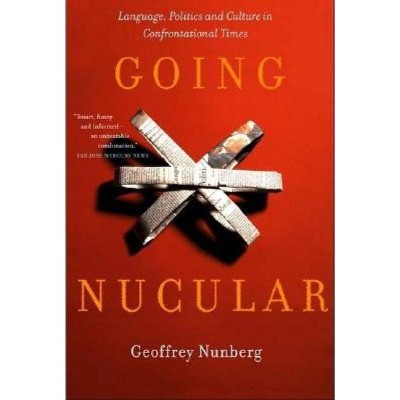
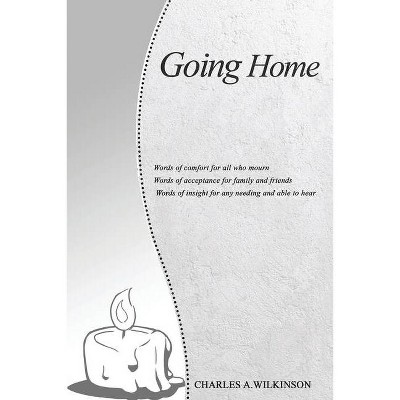

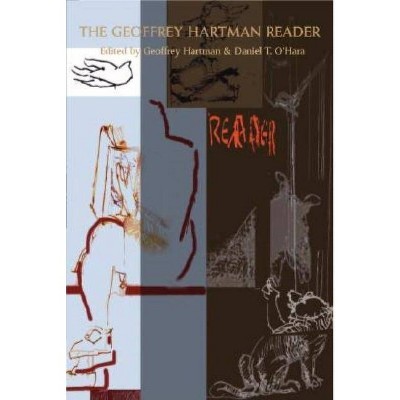


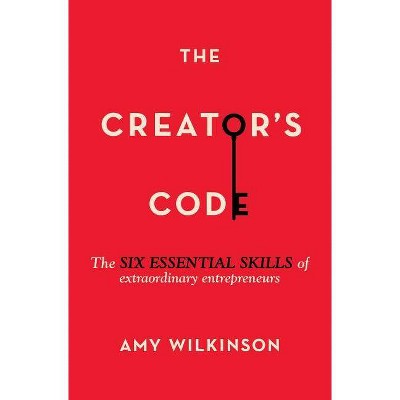

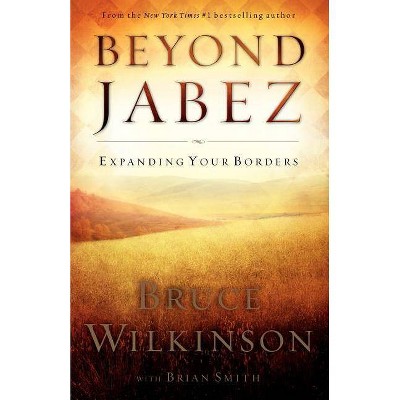
![Boom Boom Boom: The Going Going Going Remixes [LP] - VINYL](https://pisces.bbystatic.com/image2/BestBuy_US/images/products/3376/33763551_sa.jpg)










